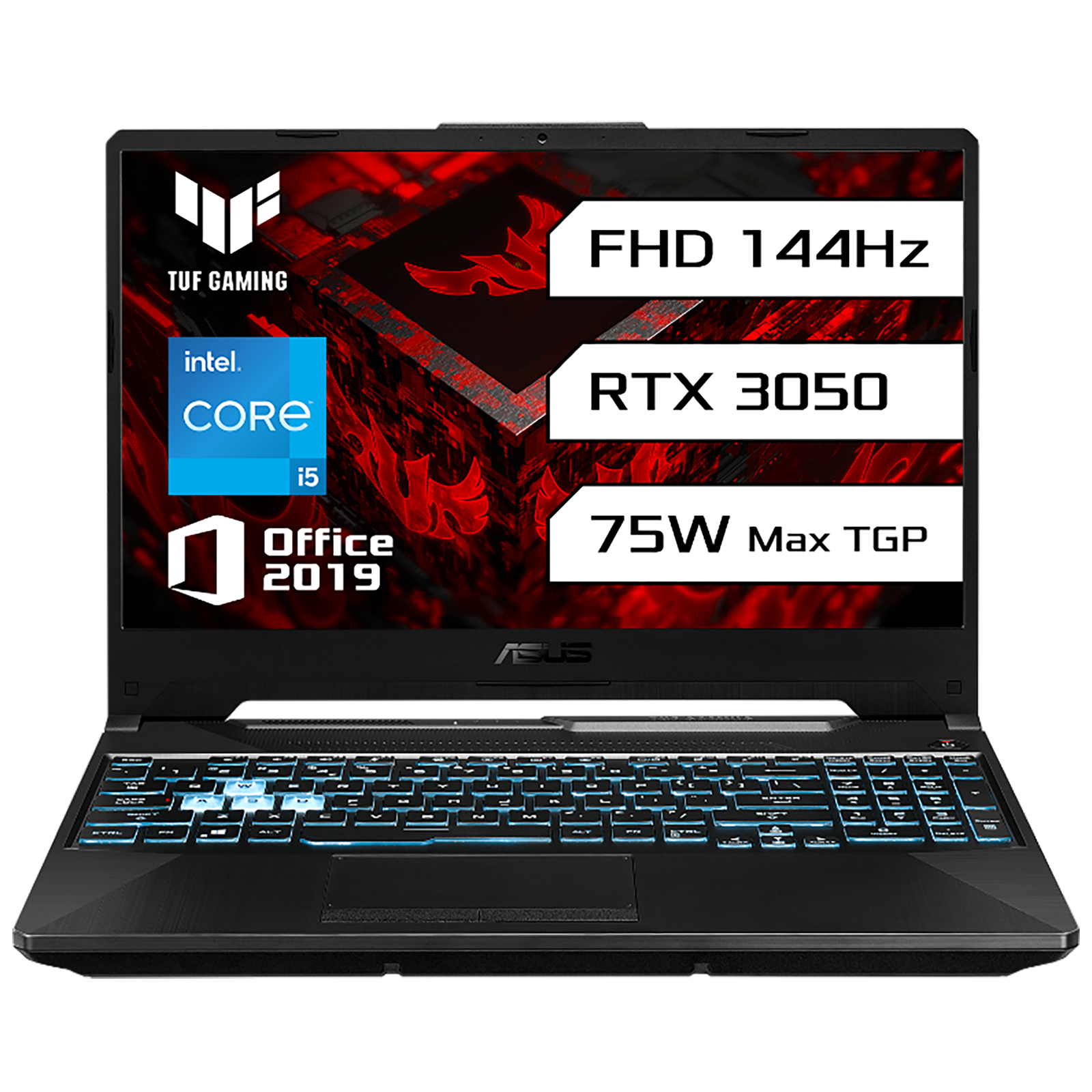Intel’s 12th generation processors, codenamed “Alder Lake,” marked a significant shift in the company’s CPU architecture, bringing notable improvements over its 11th generation predecessors, “Rocket Lake”.
These advancements encompass performance gains, power efficiency, and new technologies, solidifying Intel’s position in the competitive processor market. Let us have a look at the key differences between these two generations.
Intel 12th gen vs 11th gen: Hybrid architecture
One of the most striking differences between the 12th and 11th generation of Intel Core processors lies in their architecture. The 12th generation introduced a hybrid architecture, combining Performance cores (P-cores) and Efficient cores (E-cores) on a single chip.
ALSO READ: Intel Core Ultra: 3 reasons why these processors should be in your next laptop
P-cores are designed for handling demanding tasks like gaming and content creation, while E-cores excel at background tasks and power efficiency. This hybrid approach allows the processor to intelligently allocate workloads, optimising performance and battery life.
Products in focus
Intel 12th gen vs 11th gen: Performance boost
In terms of raw performance, the 12th generation processors generally outperform their 11th generation counterparts. This is partly due to the increased number of cores and threads in the 12th generation lineup.
Additionally, the P-cores in the 12th generation are based on Intel’s new “Golden Cove” architecture, which offers significant IPC (instructions per clock) improvements over the “Cypress Cove” architecture used in the 11th generation’s cores.
Intel 12th gen vs 11th gen: Enhanced memory
The 12th generation processors also brought support for the latest connectivity standards, including PCIe 5.0 and DDR5 memory. PCIe 5.0 doubles the bandwidth of PCIe 4.0, enabling faster data transfer speeds for high-performance storage devices and graphics cards. DDR5 memory, on the other hand, offers increased bandwidth and improved power efficiency compared to DDR4. These new standards future-proof your system, ensuring compatibility with upcoming technologies.
Intel 12th gen vs 11th gen: Improved integrated graphics
Intel’s integrated graphics have also seen significant improvements in the 12th generation. The new Intel Xe architecture delivers better graphics performance than the previous generation, making it suitable for casual gaming and media consumption.
While dedicated graphics cards still reign supreme for serious gaming, the improved integrated graphics provide a viable option for those with less demanding needs.
Intel 12th gen vs 11th gen: Power efficiency
Despite the performance gains, the 12th generation processors manage to maintain impressive power efficiency. The hybrid architecture plays a crucial role here, allowing the processor to dynamically switch between P-cores and E-cores based on the workload. This intelligent power management translates to longer battery life for laptops and reduced energy consumption for desktops.
ALSO READ: Intel Lunar Lake chipsets announced for Copilot+ AI PCs
In conclusion, the 12th generation Intel processors represent a significant advancement over their 11th generation predecessors. The hybrid architecture, performance gains, enhanced connectivity, improved integrated graphics, and power efficiency make them a compelling choice for a wide range of users. Whether you’re a gamer, content creator, or casual user, the 12th generation processors offer a noticeable upgrade, ensuring your system remains capable of handling the demands of modern computing.
If you wish to buy a laptop powered by the 12th generation Intel processors, you can visit this link.
Unleash your inner geek with Croma Unboxed
Subscribe now to stay ahead with the latest articles and updates
You are almost there
Enter your details to subscribe

Happiness unboxed!
Thank you for subscribing to our blog.
Disclaimer: This post as well as the layout and design on this website are protected under Indian intellectual property laws, including the Copyright Act, 1957 and the Trade Marks Act, 1999 and is the property of Infiniti Retail Limited (Croma). Using, copying (in full or in part), adapting or altering this post or any other material from Croma’s website is expressly prohibited without prior written permission from Croma. For permission to use the content on the Croma’s website, please connect on contactunboxed@croma.com
- Related articles
- Popular articles



















Anvinraj Valiyathara
Comments